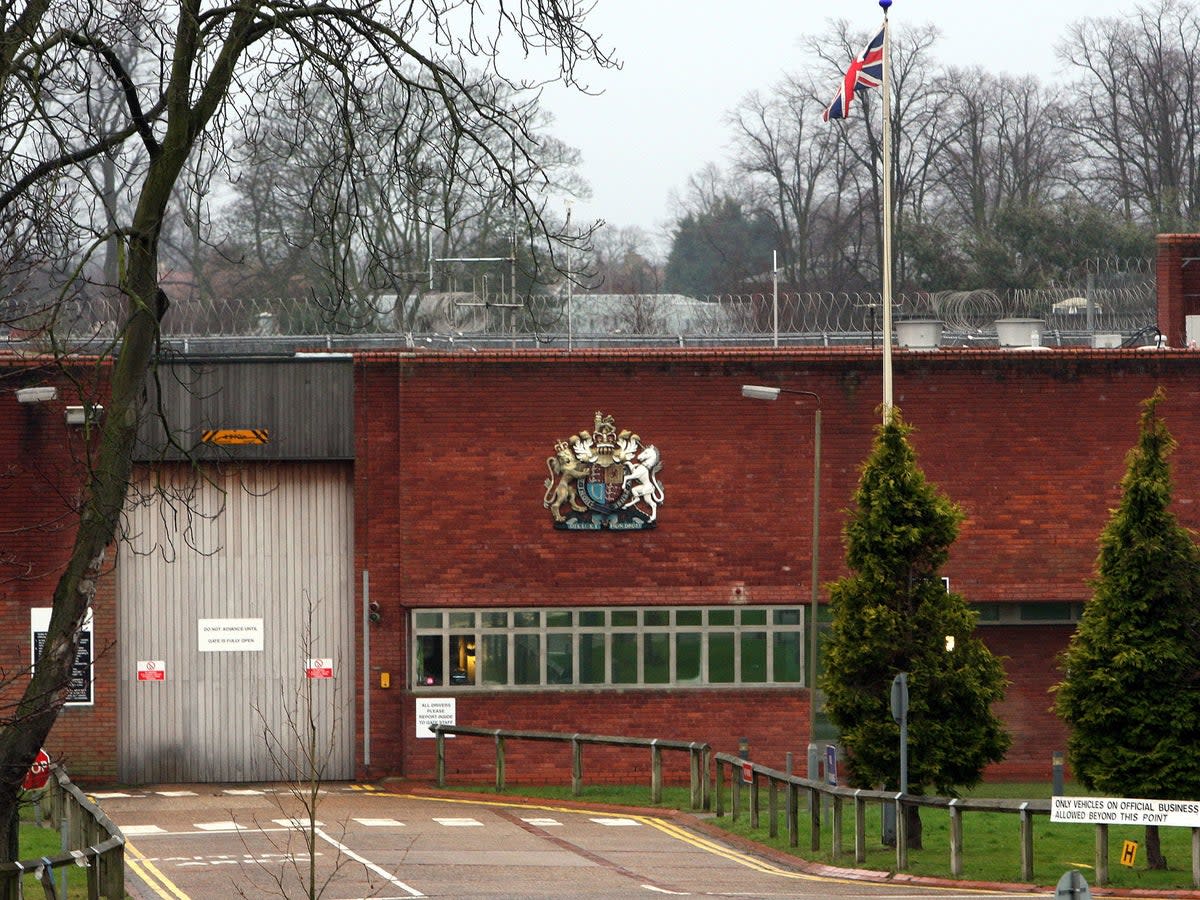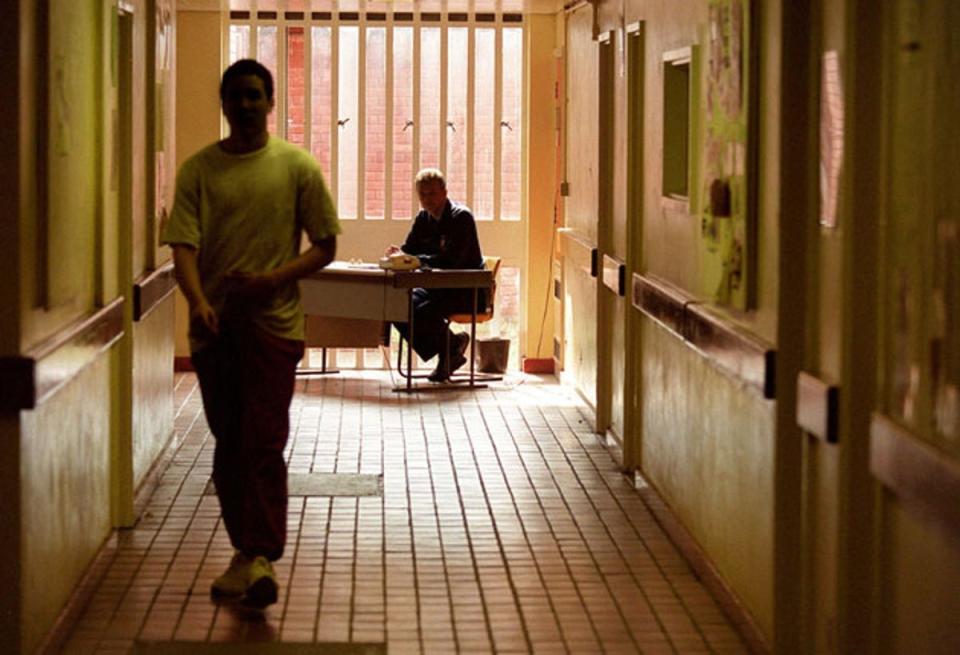Feltham Young Offenders Institution now the most violent prison in the country, chief inspector warns

Feltham Young Offenders Institution is now the most violent prison in the country, the chief inspector of prisons has warned.
Rates of violence, disorder, self-harm, and the use of segregation have all soared at the west London institution since inspectors’ last unannounced visit in 2022, the prisons watchdog said in a new report published on Tuesday.
Chief inspector Charlie Taylor said he was “very concerned” at how much Feltham – which holds boys aged between 15 and 18 – had deteriorated in the past two years, discovering rates of violence more than six times higher than HMP Bedford, one of the UK’s most violent adult prisons.
While Feltham held just 84 children at the time of the latest 10-day inspection in March, the watchdog found there had been 410 violent incidents over the past year – equating to a rate of 488 incidents per 100 children. By contrast, the rate at Bedford was recently calculated to be 80.6 incidents per 100 prisoners.
A total of 343 weapons had been found over the same period, a huge rise from the 122 found in the year prior to the previous inspection, although the average number of weapons found each month had reduced by half since new measures were brought in late last year.
The high levels of violence and disorder were causing major disruption to children’s regimes at the institution, in turn fuelling more frustration, violence and disorder.
Incidents of disorder had soared 300 per cent since the last inspection, with 320 in the past year alone – also the highest rate of any prison in the country. These included children climbing and staying at height and acts of concerted indiscipline, many caused by conflict between children and frustration over the regime.
“The frequency of these incidents caused regular curtailments to the regime and demonstrated how fragile the stability was at the prison,” the inspection report said.

As a result, there had been a sharp increase in the use of segregation. The watchdog raised “major” concerns about “worryingly prolonged” cases, including seven children who had been separated for more than 50 days, and two of them for more than 100.
Further attempts to prevent violence meant there were 266 “keep-apart” lists for the population of just 84 children, up from fewer than 200 in early 2023 but down from a peak of around 500 in September. These lists “inevitably” resulted in children being unable to leave their cell or attend scheduled activities, including medical appointments and education.
In the education block, the risk of fights breaking out meant high numbers of staff patrolling the corridor and complicated arrangements to move groups of children in and out of the building, Mr Taylor said.
Warning that keep-apart lists “can become as much a cause of violence as they are a solution” by reinforcing a suggestion that violence between two individuals is expected, Mr Taylor warned that children were being placed in the same class based on avoiding fights rather than with those with similar abilities and interests.
Mr Taylor’s report is the latest in a string of concerns raised about the facility over the years. The government halted sending children to Feltham A in 2019 when the former chief inspector demanded immediate action over an “extraordinary” plunge in safety levels.

Mr Taylor added: “We were very concerned to find how Feltham A had deteriorated in the past two years, but it is to the credit of the governor and her leadership team that there were signs that they had managed to arrest this decline.
“Frontline staff, meanwhile, were a real asset to the jail and had managed to maintain impressively positive and supportive relationships with even the most challenging children in their care despite the violence around them.”
Andrew Neilson, of the Howard League for Penal Reform, said: “Over a decade ago, the then-chief inspector of prisons, Nick Hardwick, said he would be ‘terrified’ if his children were sent to Feltham. The prison was so violent that the Ministry of Justice announced it would be closed.
“Yet here we are, all these years on, and Feltham is still open and more violent than ever. This is a damning indictment of the prison system, as the capacity issues seen in the adult estate are not present in children’s prisons.
“Prison is no place for a child. Let us hope that the new ministers in place at the Ministry of Justice take action to close Feltham for good.”
Campbell Robb, chief executive of social justice charity Nacro, said the new report was “a stark example of our broken prisons system”, adding: “It is especially disturbing that it is children, often vulnerable, traumatised children, who are facing these conditions. Things must change.
“Not only should children only be sent to prison as an absolute last resort but the focus on their time inside should be rehabilitation. We need to be helping these children see a better life for themselves and giving them hope and motivation to change, not further traumatising them within a violent and destructive prison environment.
“We are failing these children, and in doing so we are failing to create safer communities for us all.”
A Ministry of Justice spokesperson said: “The criminal justice system is in crisis and as this report clearly shows, this is placing great strain on the youth estate.
“As the chief inspector recognises in his report, the governor and frontline staff are now making every effort to drive improvements and reduce violence. But we know there is much more to do and we are committed to increasing the support these children need to turn their lives around.”

 Yahoo Lifestyle
Yahoo Lifestyle 
